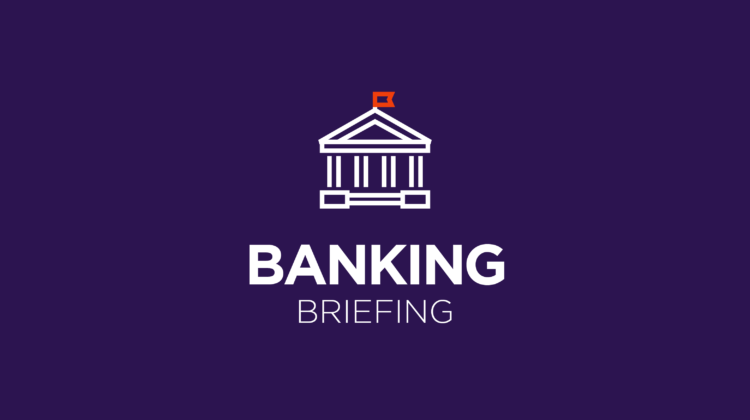Banking, Member Exclusive
Banking Briefing: All aboard the transparency train
- This week, we take a look into creating transparency within digital-first FIs.
- We also discuss how banks seem to be overlooking the basics in their offerings, like loyalty programs or advice on investments.





